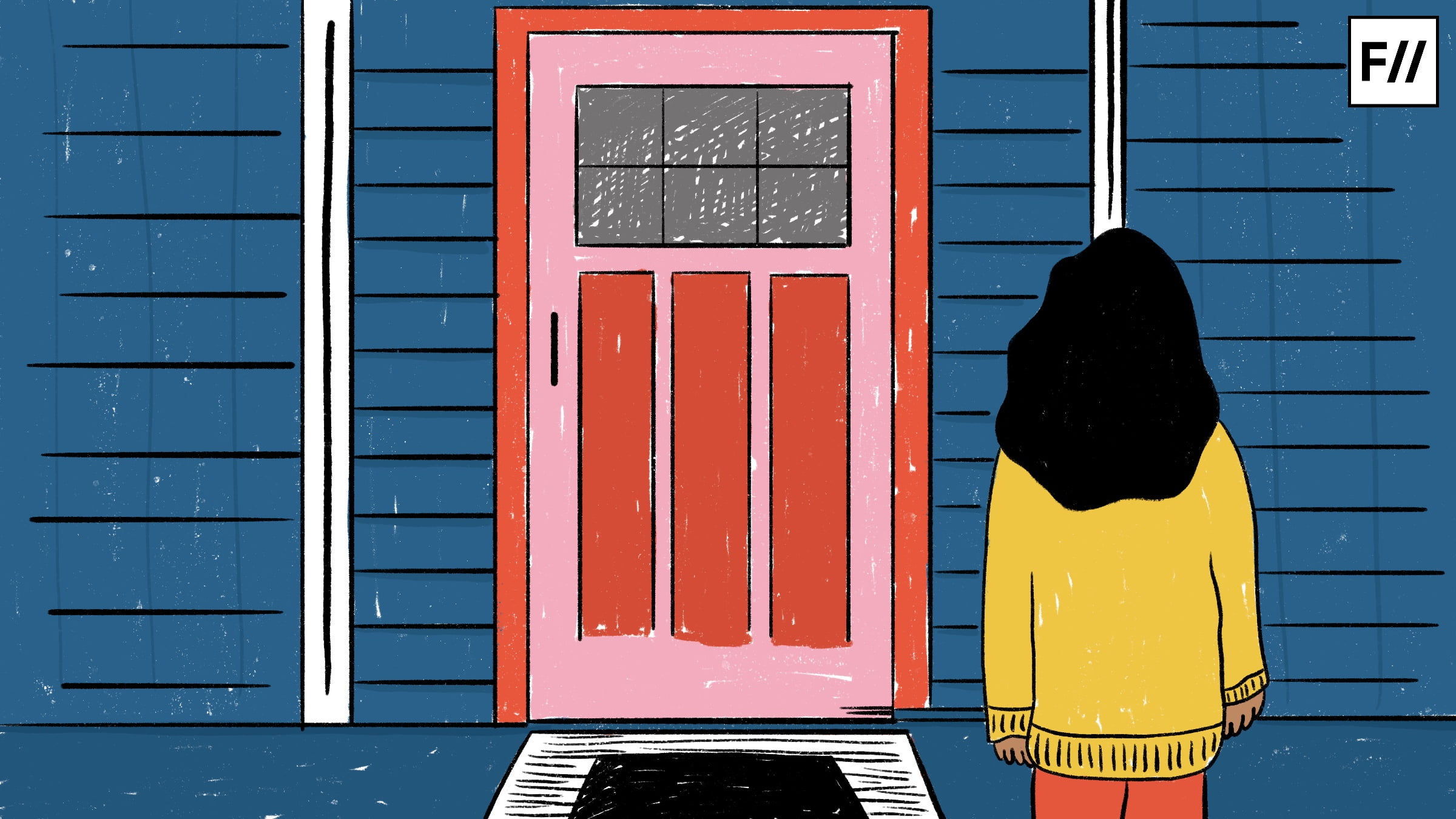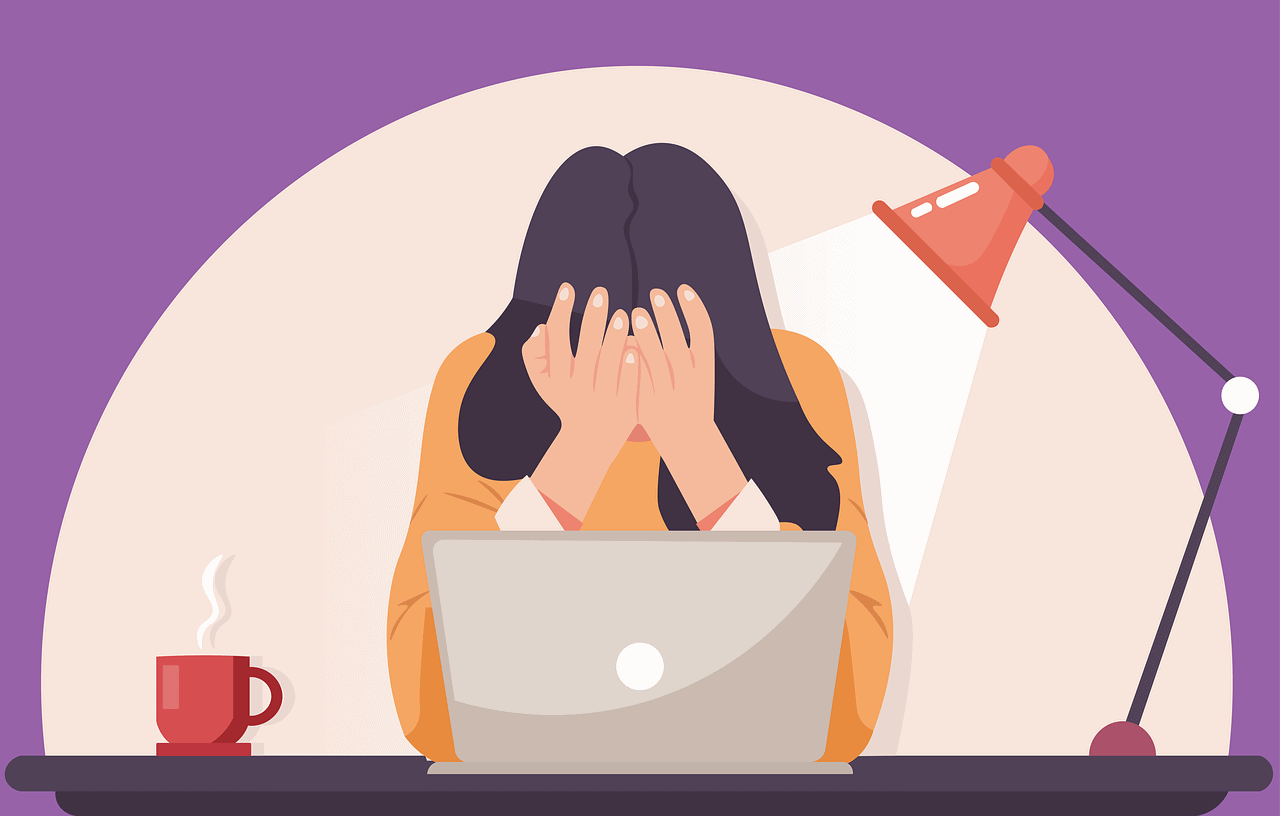As far as I can remember, the term ‘family’ has since long been synonymous with a heterosexual couple with children. Families may be joint or nuclear, but the image thrown at us most often is a warm, nurturing mother, a consistent and caring father, friendly sibling rivalry, unconditional grandparental love. Think about all the ads and movies you have seen (I am a nineties child so I remember the Saffola and Surf Excel ads). While families have started to evolve (single parent, same-sex partners) the pedestal on which society puts families is as high as ever. It is the same unquestioning loyalty that people show towards religion, choosing not to or being too scared to confront and question what it means for them.
On a scale, we openly value the idea of a ‘family’ over the people in the families, often termed as ‘familism.’ Among family members, there is a hierarchy; husbands before wives, i.e. men before women. All of this idolizing can (often does!) outwardly mask the reality of dysfunctional families but has a perverse and long-term impact on people. I, personally, have found great freedom and some isolation in being able to question the sanctity of the institution.
So, what’s wrong?
One of my favourite lines is by Leo Tolstoy: “All happy families are alike; each unhappy family is unhappy in its own way.”
Given how closely members of a family often live and interact, a certain amount of friction is inevitable. This to me is not a sign of dysfunctional or toxic families.
Toxic means it is harmful for you, for your mental and/or physical health. One way to gauge this is to describe how you feel around your family members: if you find yourself using adjectives like anxious, sad, guilty, ashamed, uncertain, angry, stressed, emotionally or physically overwhelmed, it is likely you are around toxic people. Let me stress, this may seem easy but is extremely difficult to actually do: societal messaging constantly tells us that we need to love our parents/siblings/grandparents/other family members, unconditionally.
Also Read: Toxic Lives: When Enough Is Enough
Young adults are expected to respect people who older and not question their opinions, even when they contradict fact. Women are expected to put aside their own lives and be ceaseless caregivers, even when it means going back to abusive partners and families. NO ONE is supposed to question god’s wishes. To be able to question these messages is a big step, it involves putting aside years of conditioning and trust me, there are no prizes waiting on the other sides.
Does it even matter?
Yes! It matters: for individuals, families, friends, communities and societies, at large. It matters very, very much. Growing up in dysfunctional families can impact multiple lives in multiple and unfathomable ways. People who have grown up in toxic families often have anxiety issues and difficulty trusting other people. They may have trouble maintaining healthy relationships with others (it is not a guarantee, it is a possibility!).
If all you’ve been taught all your life is that being manipulated and shamed is for ‘your own good’, then it is difficult to imagine a relationship where this is not normal.
Friends and families of people who have grown up with toxicity may not understand what has happened but often bear the brunt of dysfunctional behaviour. Toxicity tends to compound and breaking the cycle involves intentional, difficult choices.
In my conversation with D, who prefers to stay anonymous, she brought up her mother’s behaviour, which she identified as controlling, after revisiting her childhood during therapy. During this time, D had recently been in an intense depressive episode and was identified as having Borderline Personality Disorder. This brought back memories of emotionally self-harming and destructive behaviour in her early twenties. She reflects on never feeling worthy enough throughout her childhood; once when given a gift for her birthday, she broke down saying she did not deserve it.
D remembers her family (including her father and sibling) always tiptoeing her mother’s moods and trying to avoid conflict. Her mother had complete control over the household and everything that went on in it. She says “If something happened, such as she dropped something in the kitchen, the whole house would go silent. We knew whoever she saw first would get the brunt of it. There would be shouting. She had unpredictable bouts of rage, almost as if she had no choice but to explode.” At other times, D felt she could never meet her mother’s expectations, whether it was her score in exams or her career choices.
Also Read: Emotional Hygiene, What’s That?
D says that since it was never physically violent, she took her mother’s anger and judgment as normal. It took her years to realize that unless the conversation pleased her mother in some way, there was no emotional connection. Now when she returns home, she finds it emotionally exhausting, a constant drain on her energy. She is happy with her own life and choices and believes that she has done alright in life. What she is still figuring out is a way in which she can forgive her parents (especially her mother) and look at them as individuals that sometimes need help. She says she is still not there yet.
Some of us choose to establish emotional and physical boundaries; moving to a new city can be quite liberating from a co-dependent family. Choosing when to answer phone calls and when to take care of yourself is another way to draw a line. Set limits for your time and energy. Learn to stand up for yourself (and others) but don’t berate yourself if you are not there yet. Remember the ‘first your oxygen mask rule.’
When relationships are full of toxicity: emotional abuse, physical violence, threats and manipulation, boundaries may not be enough. Ending relationships is an extreme and exhausting decision and not one anyone can make lightly, but it is not unheard of.




